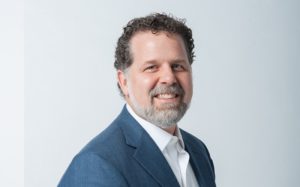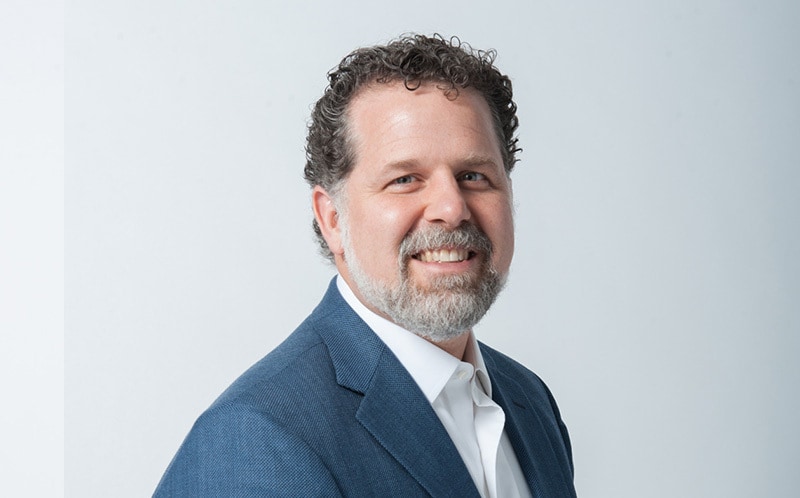In this interview by Craig Gustafson, he talks with David Haase, MD, the keynote speaker at the Institute 
IMCJ: At the Institute for Functional Medicine Annual International Conference, you are going to be [were] the keynote speaker and the topic for the conference is “Stress, Pain, and Addiction.” So, would you start off by discussing what links those three issues together?
Dr Haase: Addiction, pain, and stress are linked epidemics in our world today, and they have many similar common root causes. By examining them together, we actually increase the subtlety of our understanding of each of those problems, individually.
As we think about the types of addictions that are overwhelming our healthcare system and causing uncountable early deaths and tragedies, we see that those addictions very frequently address in some way physical pain or the pain of stress. The opioids are classical pain medications. Many individuals find themselves on these medications as a result of a medical adventure that included pain, and some individuals find their way to opiates as a way to escape their present reality and deal with the stress of being human. Likewise, benzodiazepines deliver an almost instant relief to the symptoms of stress and anxiety – as well as substantial dependence.
Practitioners of Functional Medicine—the specialty of context and connection—recognize that to address addiction as a disease without at the same time exploring the major causes that are contributing to promotion of that disease is not in the best interest of the patient.
IMCJ: Addiction has typically been addressed through psychological modes, such as in a 12-step program. Does the functional-medicine approach explore a physical aspect?
Dr Haase: The beauty of functional medicine, and the reason why it is so powerful, is that it lays out an excellent map of clinical reality. It recognizes the interplay of many separate forces that lead to the present state. Absolutely the psycho-emotional and sociological components of addiction are profound and will be addressed in innovative ways and at length at the conference. The reality, however, is that a brain seeking out a solution in the form of a behavior or a substance is doing so because something is out of balance. And that imbalance, again, could be psychological, physical, physiologic, energetic, genetic or sociological in nature.
Functional medicine seeks to ask a broader question: “What are the underlying causes?” And it embraces the plurality of the dysfunction—the plurality of causes—in order to find a more effective solution. Absolutely, profound biochemical perpetrators and mediators of addiction exist, but they are as individualized as the humans that suffer those maladies and conditions.
The functional medicine matrix displays medical reality in a way that helps the practitioner prioritize interventions most likely to promote the most benefit the most quickly. It is that way of thinking that sets functional medicine apart.
As such, we have many experts from the physical, psychological, metabolic, structural, behavioral, sociological, and genetic arena that are ready and willing to show how their piece of the puzzle best fits into solving the problems of pain, stress, and addiction.
To gain access to this article and the rest of our extensive database of full-text articles, please register below or log in here.





